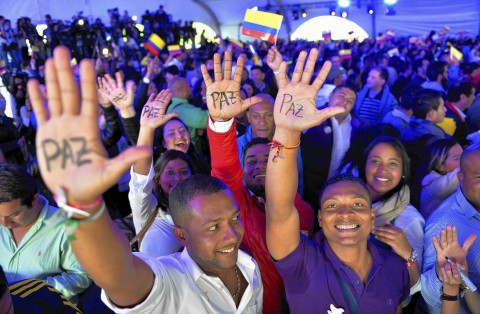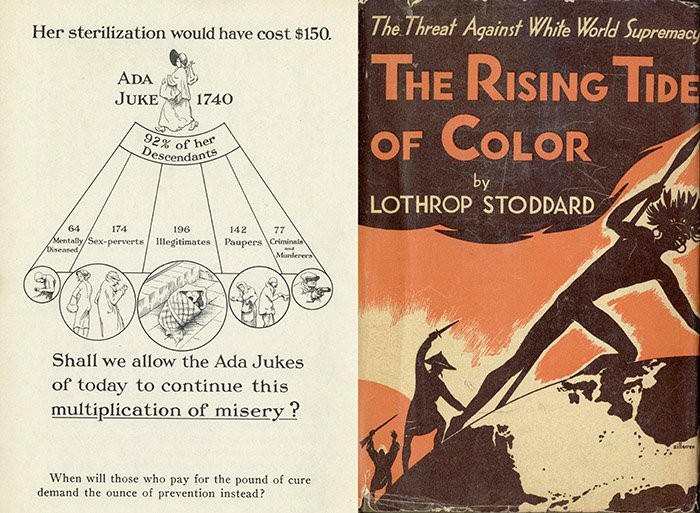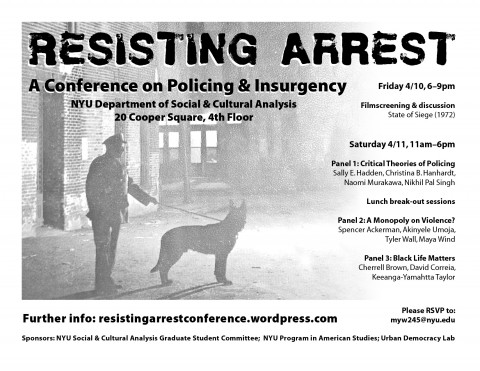Aiming for a cross-disciplinary, fresh conversation on Colombia and its internal conflict, this symposium gathers three invited specialists from the fields of history, geography, and political science. This event seeks to offer specific research insights into the intersections and ambiguities of topics that, although intimately connected with the ongoing conflict, seldom receive scholarly attention or serious media coverage. We will discuss politics and violence in the process of early state-formation, the emergence of the “nature state” and territorial conflict affecting Indigenous and Afro-Colombian communities, and the links between the overheating economy and the current peace process. Speakers featured in the symposium are:
Claudia Leal León received her PhD in geography at the University of Berkeley, and teaches at the History and Geography programs at Universidad de los Andes, in Bogotá. Her research concentrates on the intersections of geography, politics and ethnicity, specializing on Afro-Colombian populations of the Pacific lowlands over the nineteenth and twentieth centuries. Dr. Leal León is the co-author of Unos bosques sembrados de aserríos (2003), the first work to assess the historical and social impact of logging in the Chocó region. She has published extensively in British, Canadian, American and Colombian professional journals, and is the editor of dossiers in environmental history and race. She is currently at work on a book on the emergence of the “nature state” in Colombia.
Daniel Gutiérrez Ardila received his doctoral degree from the University of Paris-Sorbonne, and teaches for the center for historical studies at Universidad Externado de Colombia. His research concentrates on the political and diplomatic history of early independent Colombia, specializing in the issues of sovereignty and legitimacy faced by the early pro-independence polities and Bolívar’s Republic of Colombia. Dr. Gutiérrez Ardila has published several books, including Un Nuevo Reino (2010), acclaimed as a tour de force in the history of early national Colombia. He has published articles in France, Mexico and Colombia, and is now working on a new book on the State of Antioquia during the early independence period.
Nazih Richani received his PhD in Political Science from George Washington University, and teaches political science and Latin American studies at Kean University. His research concentrates on political violence and organized crime, specializing in comparative approaches to ongoing conflicts in Latin America, Africa and the Middle East. He has published Dilemmas of Democracy and Political Parties in Sectarian Societies: Lebanon 1949-1996 (1998), and the acclaimed Systems of Violence: The Political Economy of War and Peace in Colombia (2002), which has seen three editions, including one in Spanish. He is currently at work on a book on The Political Economy of Organized Crime in Latin America.
This event is free and open to the public. ID is required to enter the building.



